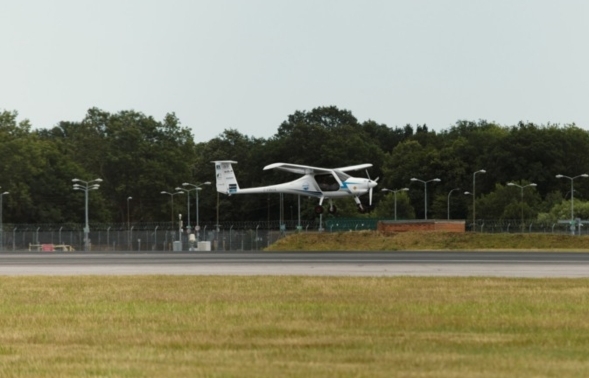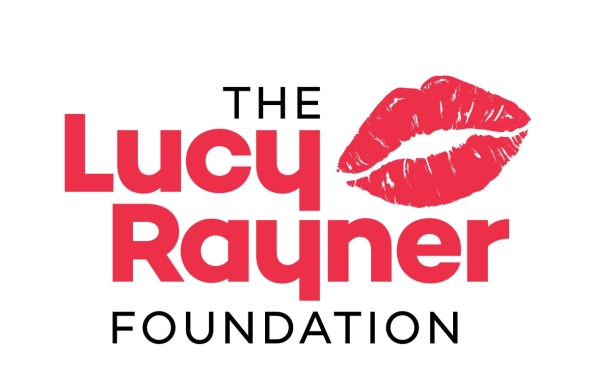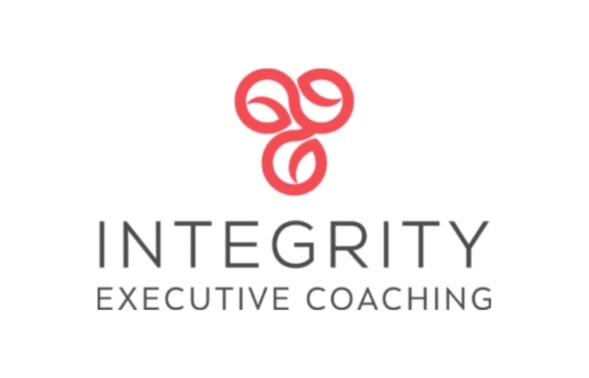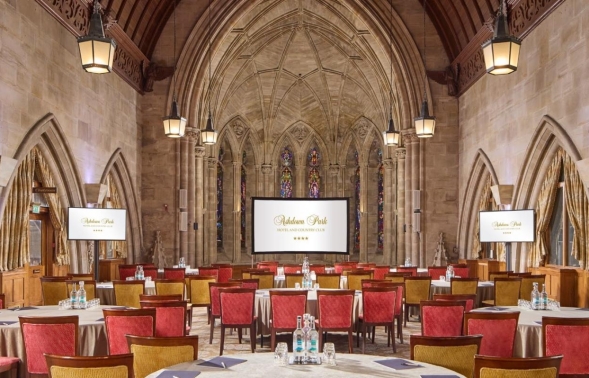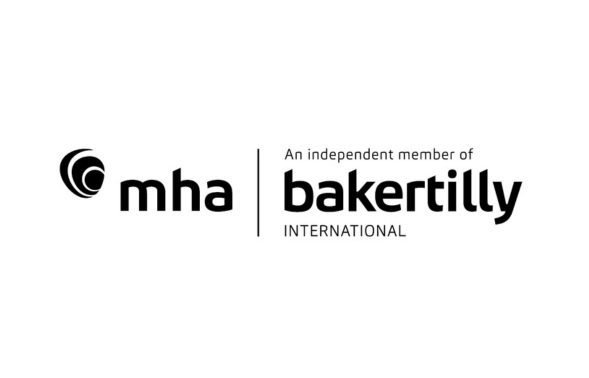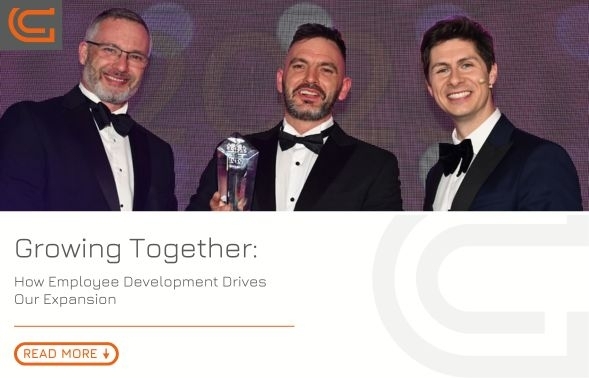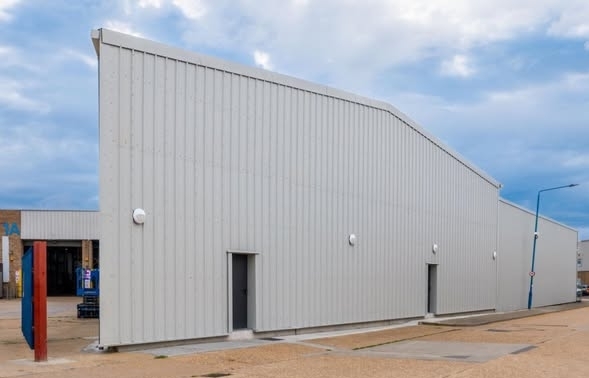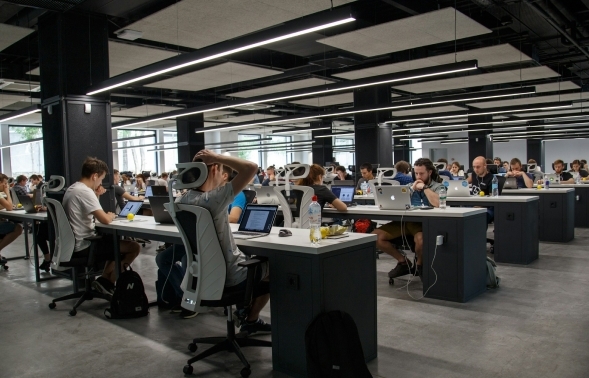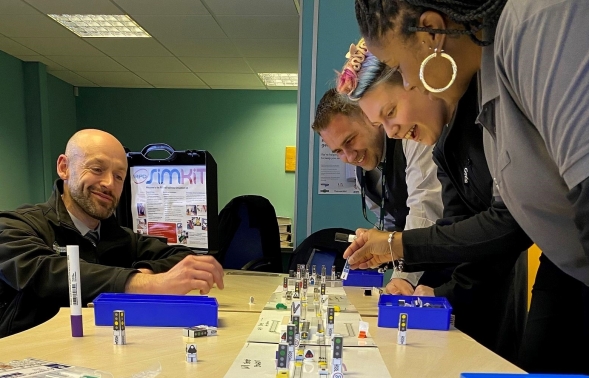At the latest METALL Masterclass meeting delegates looked at the complex skills issue facing many manufacturing, engineering and tech businesses in the Coastal West Sussex area. The event took place at the Worthing College conference centre in conjunction with the Coastal West Sussex partnership and was facilitated by Richard Freeman of 'always possible' consultancy.
One in five UK jobs is based in engineering and manufacturing, and in the South East, the annual sector Gross Value Added is over £307.4 million, making the importance of the sector obvious. Less apparent is that within this fairly small coastal area, there are some extremely innovative and advanced businesses all of whom have skills needs. This session looked at ways in which we can meet the present and future needs for both highly skilled engineers as well as for technicians, who keep the wheels of industry turning.
The masterclass followed on from a major Manufacturing Engineering Technology Alliance (METALL) meeting at the new Engineering and Digital Technology Park at the University of Chichester. Delegates attending the masterclass were looking to identify some practical ways in which the sector could drive engagement between secondary schools, Further Education (FE) colleges, Higher Education (the universities), students, potential career changers and business.
In the interesting and productive session, many ideas were mooted and a framework for engagement was formulated. The need for rapidly changing skillsets requires a revolution in education and training, but Coastal West Sussex is in a good place to lead the way.
This is an opportunity for key stakeholder groups to embrace change and develop training that is more relevant to today's workplaces, focusing on skills that are required to achieve business objectives while ensuring high level, transferable skills for staff.
On-demand training, apprenticeships, T-levels, and digital degrees will all have a part to play in the changing landscape. There is a need to look at the whole educational pipeline from primary school to continued workplace development, as well as career changers.
One idea that the masterclass suggested was based on a strategy to help influence the influencers: in other words, the teachers and the parents, many of whom do not have an up-to-date idea of what the sector has to offer in careers terms.
The concept would be to adapt the very successful 'Big Bang' programme which looks at showing students what careers lead from studying the STEM subjects (Science, Technology Engineering and Maths). This 'adult' version of Big Bang would see an event aimed specifically at teachers and the parents of the students and preferably at a point before the student decides which A-level subjects to study.
Delegates hoped that this would help to address the skills shortage which often comes as a consequence of students not understanding their choices. There is a particular need to encourage many more female students to carry on with STEM based A-levels because the dropout rate at the moment is phenomenally high. This is one explanation as to why only 8% of engineers are female.
Many more practical suggestions came from this Masterclass event and we look forward to seeing some real progress as the Coastal West Sussex partnership formulates its skills strategy in the coming months.
